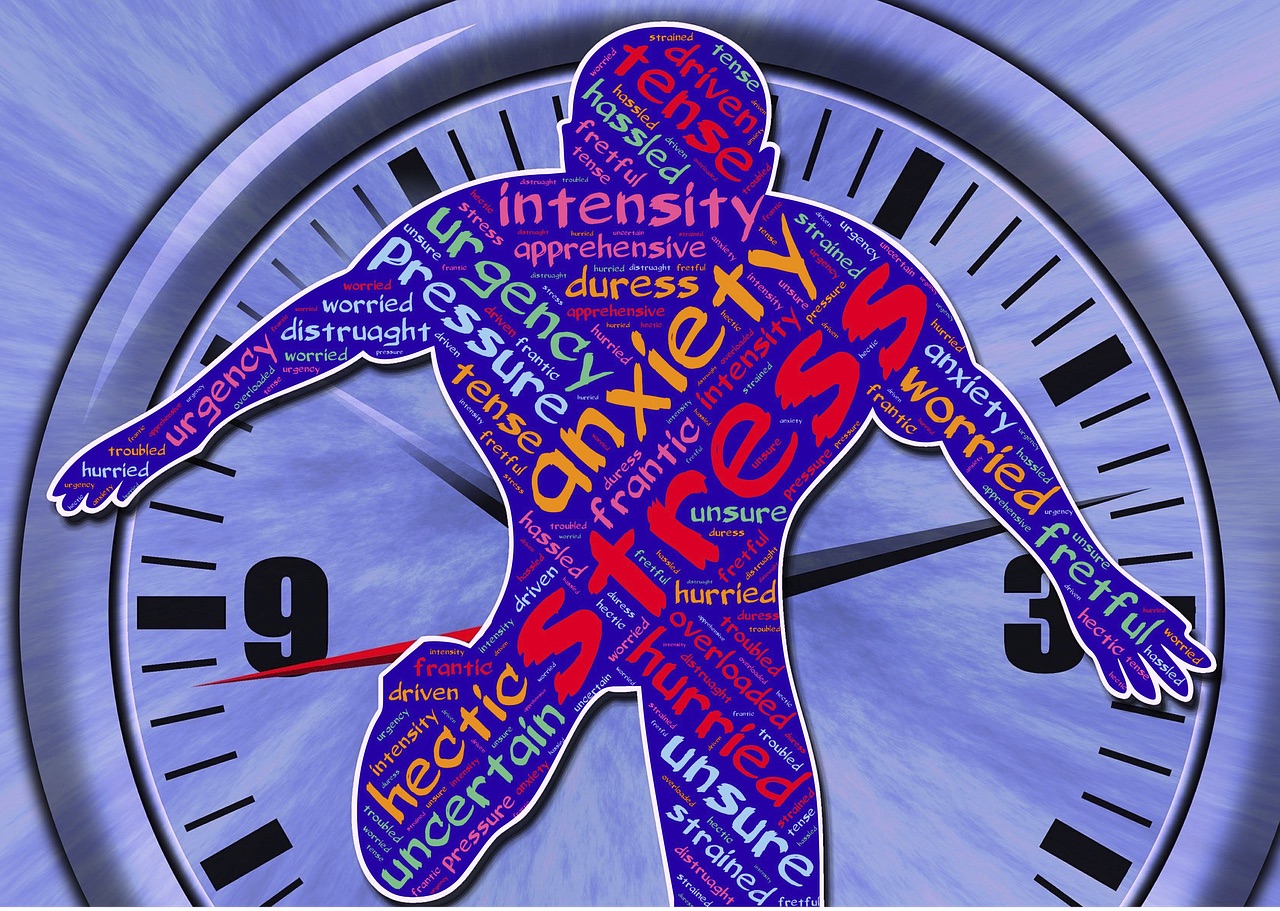
I’m sure many of you have encountered radiologists who should have retired years ago but are still hanging around. Maybe they are burnt out. Or, perhaps, life has thrown them a few curveballs. Here are some of the top ten reasons why you know it’s time for your fellow radiologist to retire!
One Extra Case Sets Them Off
You probably know one or two radiologists like this. If anyone asks them to help with another case, they will lay it thick on you. Perhaps, they will yell and kick, or they will say they need to get home and can’t afford the time it takes to complete it!
They Can Only See Films From One Eye In A Certain Position
Some radiologists will do almost anything not to go to the doctor. They hang around longer than necessary in practice. I have known a few that would practice with ailments for which I am not sure they can compensate. For many of these radiologists, it may be time to pack your bags!
Spend More Time Napping During The Day Than Reading Cases
In the past, I used to know a radiologist or two who would spend a few hours in their office while everyone else was working hard. Some residents saw them getting shut-eye while everyone else struggled to keep up with the work. If you get to this point, maybe you should be getting up late every day at home without having to read films!
New Ailment Every Day
I’m sure you have heard of a radiologist who always seems to get sick. One day a heart condition, the next day, a limp, and the next day a raging cough. Some folks are too frail to make it to work. If that is you, it may be time for you to nurse yourself back to health and take some time off. It will do you some good.
Yells At The Medical Students Upon Arrival
Poor students. The wrath of some attendings manifests itself on the underlings that come in to visit. They are angry at the world and take it out on the learner. No, it isn’t right. But, it does happen. These folks need some time off to think about their behavior!
They Are Reading 400 Cases Per Day
Most practices have one radiologist that reads too much to be safe. If you are reading four hundred or more cases per day, I feel you are missing a lot of critical findings. Think again if that is what you want or if it’s simply time to slow down.
Flagged Cases So That A Particular Radiologist Will Not Read!
If you have your name tagged on one too many cases, it may be that another one of the radiologists is not allowed to read this referrer’s studies. Or, some physicians whisper about another radiologist and don’t want this person reading the cases. Either way, it’s not a good sign. It likely means that this radiologist is not doing his job well. This radiologist may want to give up and stay home.
Their Cases Always Seem To Make To Morbidity And Mortality Conference
Ever notice that the same radiologist’s cases make it to morbidity and mortality conferences? Well, perhaps, it is for a good reason. All their misses contribute to the holistic lousy patient care. Be on the lookout if this radiologist is in your department!
No One Can Speak To Them Anymore Or Ask Questions
Some radiologists stay away from this one colleague. Unlike most colleagues you can bounce ideas off of, they can’t ask any questions of this person for fear of yelling and negativity. You probably have someone like this in your practice. There is a good chance that it is time for this radiologist to retire!
Always Complaining That They Should Retire
Everyone knows of a radiologist that constantly talks about retiring. They say it in myriad ways, and it becomes a real bear to hear. “I can’t stand work it’s time to retire,” “I can’t take it any more and it is time to go” are the statements they make all the time. Well, do it already!
Reasons It’s Time For Radiologist To Retire
No one can work forever. But, I think that these reasons to retire soon do justice to those folks that should pack it in sooner rather than later!










